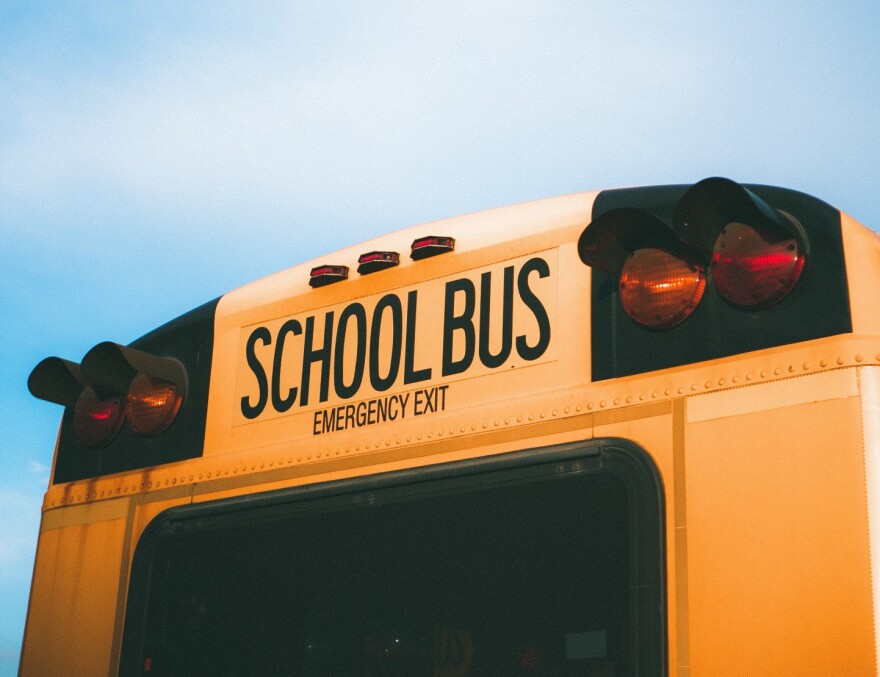Michigan’s most talented high school athletes may soon be cashing in on endorsement deals as a bill continues to make its way through the state legislature.
College athletes have been enjoying the benefits of the Name, Image and Likeness (NIL) era over the past few years since the U.S. Supreme Court legalized it. Now, Michigan is aiming to join over 30 other states in allowing high school students to sign NIL contracts.
The new law would make the Michigan High School Athletic Association (MHSAA) the governing body over student deals.
The legislation prohibits booster clubs or alumni associations from combining their funds to create an organization that could offer NIL deals to entire teams or convince students to attend a particular high school.
In order to better monitor the law's implementation, the bill would require parental consent as well as the disclosure and documentation of any agreements with the MHSAA. Schools wouldn’t be allowed to use any money received through an NIL deal to replace or offset a grant or scholarship awarded to a student.
Geoff Kimmerly, the director of communications for the MHSAA, said his office will be carefully watching these contracts to ensure the opportunities remain individual and are not offered to whole teams.
“There can’t be anything team related or school related that could be used to entice a student to go to a certain school,” said Kimmerly. “Those would all be things that we would fight back against as strongly as we can.”
He added the MSHAA is hopeful it does not affect competitive equity in any way, saying that is one of their biggest priorities.
The bill’s sponsor, state Rep. Jimmie Wilson Jr. (D-Ypsilanti) has echoed a similar point, telling Michigan Public he “understands this is high school athletics” and wants to keep deals separate from school events.
“We don’t anticipate there being an overwhelming number of opportunities at the high school level,” Kimmerly said. “I think it would take either a really well known, highly publicized elite athlete who has accomplished some very significant things to incentivize a company to partner with that person or it could be something very local.”
Although many high school students across the state may be excited to become eligible to profit off their NIL, the reality in other states has been more bleak. Kimmerly said they haven’t seen much going on at the high school level, and even that is an overstatement. In Georgia, only 44 of 429,714 high school athletes have inked NIL agreements since it was made legal there in Oct. 2023. That’s one in 10,000athletes.
Still, there are staunch critics of the bill who believe this will take away from the academic priority of high school students or make them vulnerable to untrustworthy figures. One of these critics is Lexy Alston, a senior on the Michigan State track and field team who has an NIL deal with the Army National Guard. Just the idea of high schoolers being offered money to compete seems extreme in her opinion.
“It's becoming a job too early and I think they should stick to just enjoying and loving the sport without being overly worried about the money,” Alston said. “Let high school be high school and when they get to college and it’s a full time job they can enjoy NIL too.”
Kimmerly is confident the MHSAA will be able to handle the new rules should they be passed in the state legislature.
“Every once in a while you do have a really special athlete that a lot of people know who has a significant social media following,” he said. “That’s really what I think this legislation is about.”

